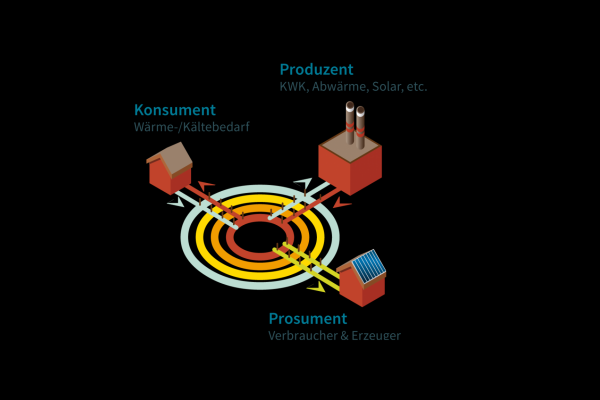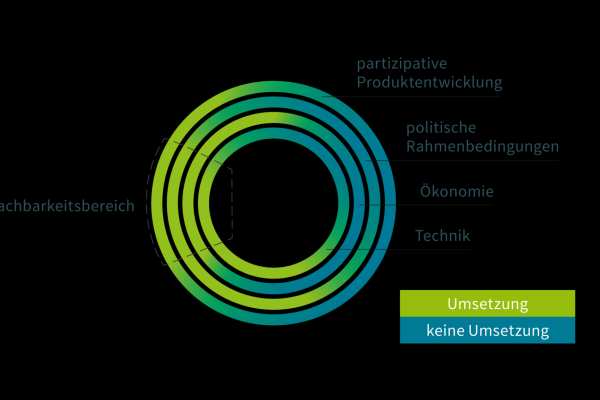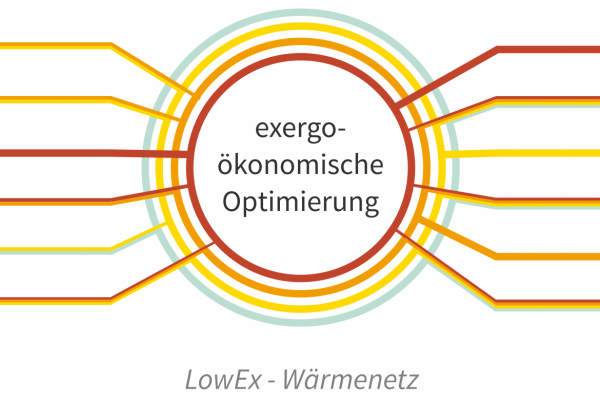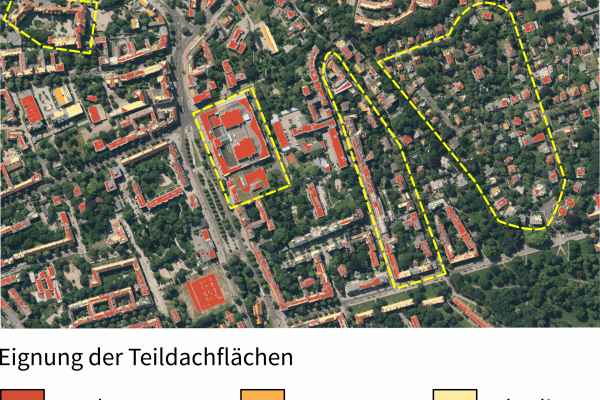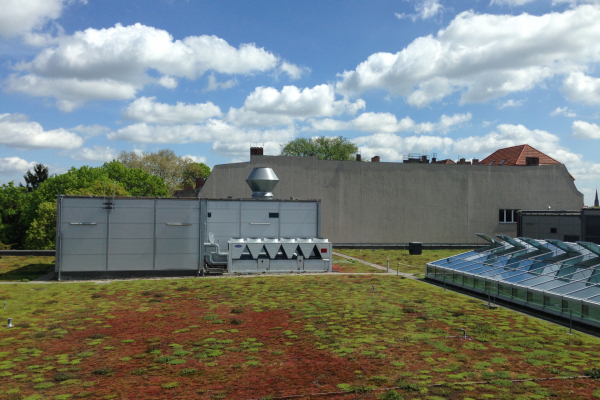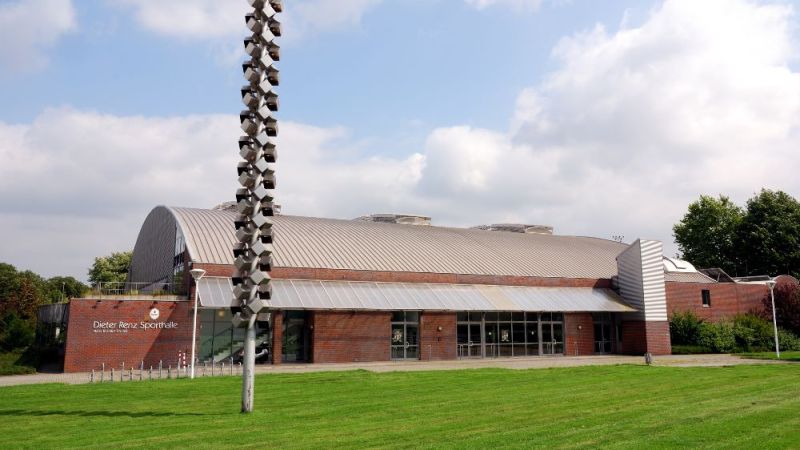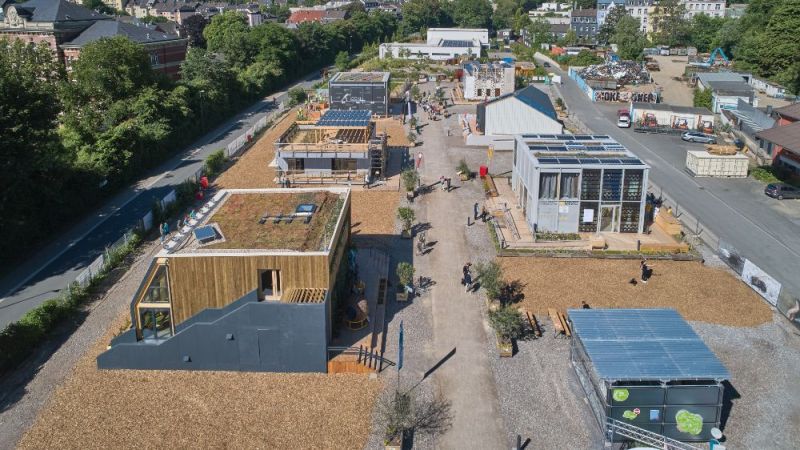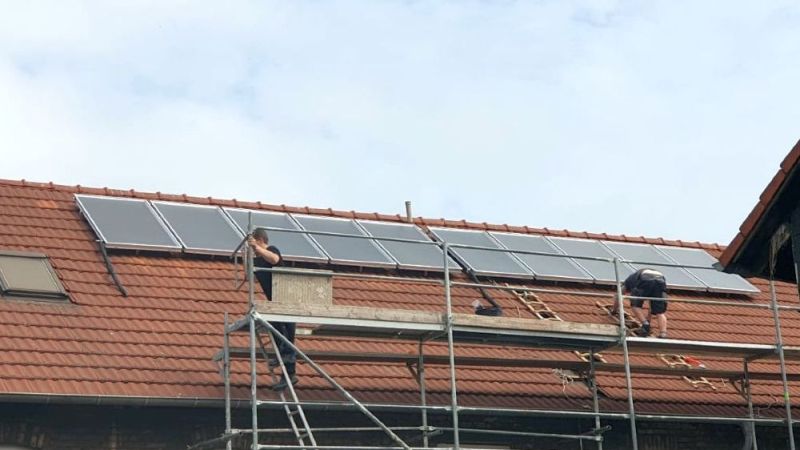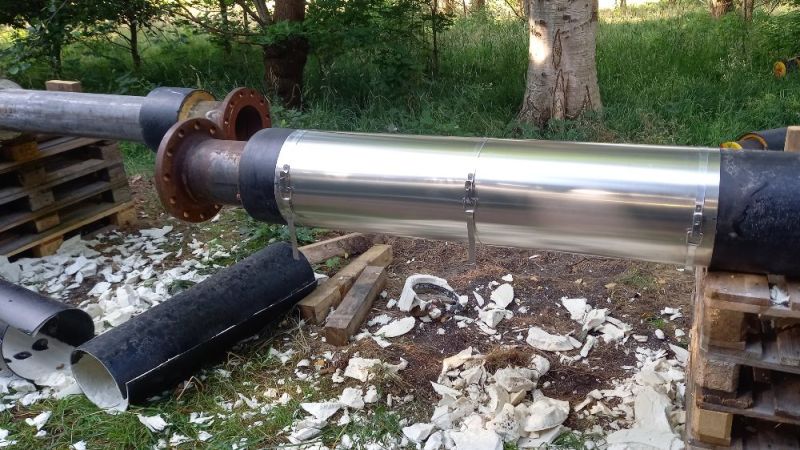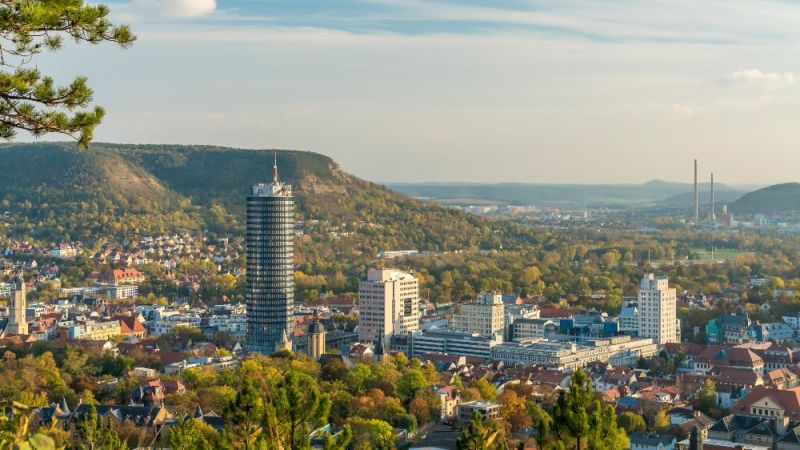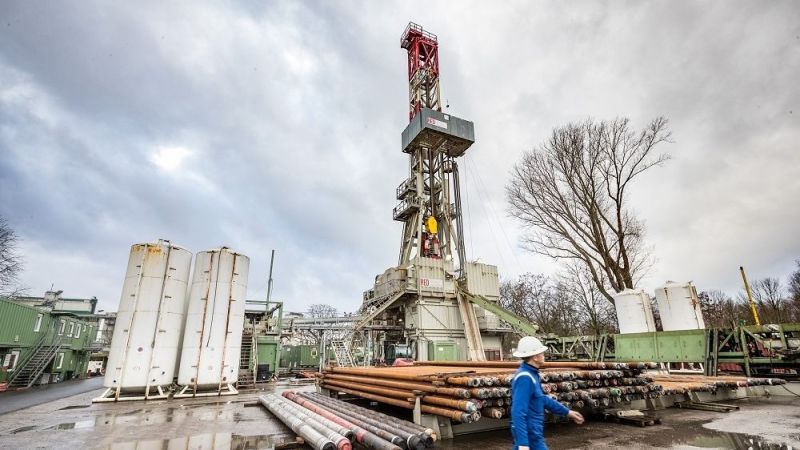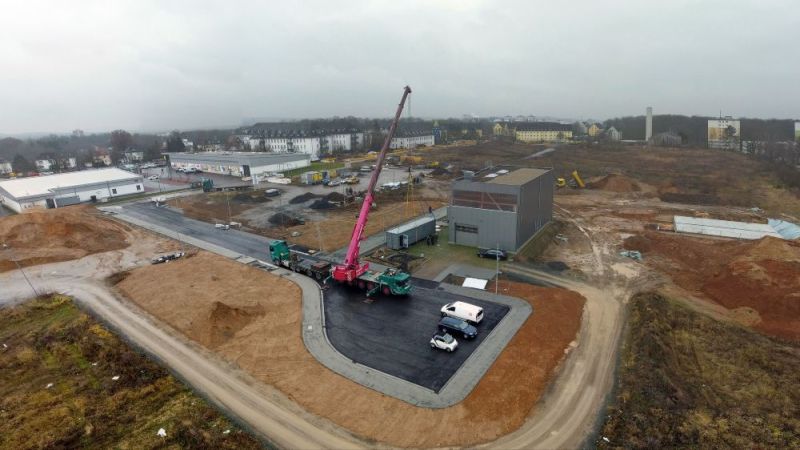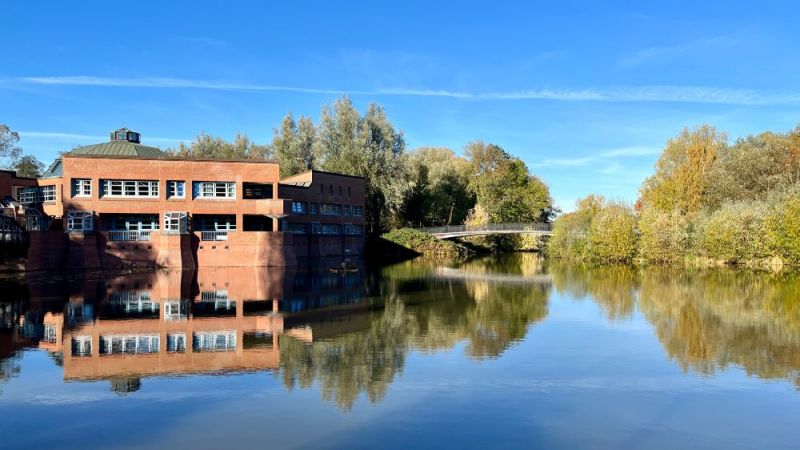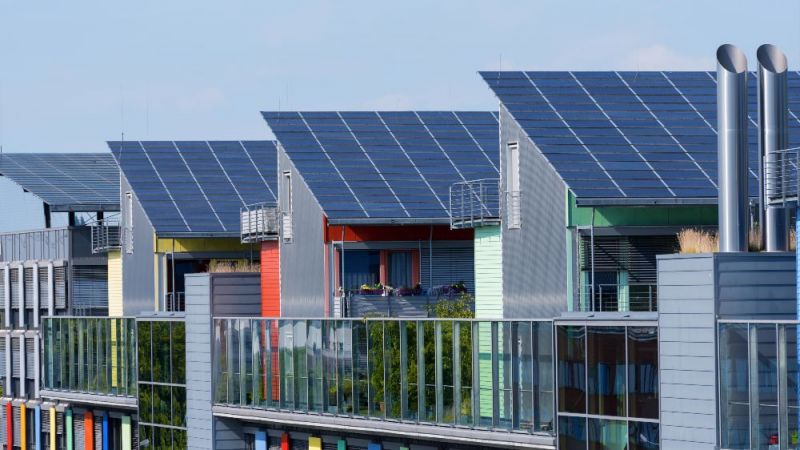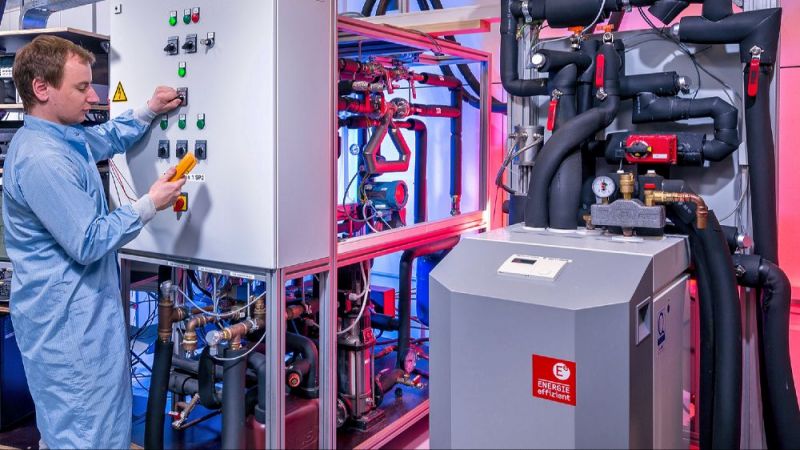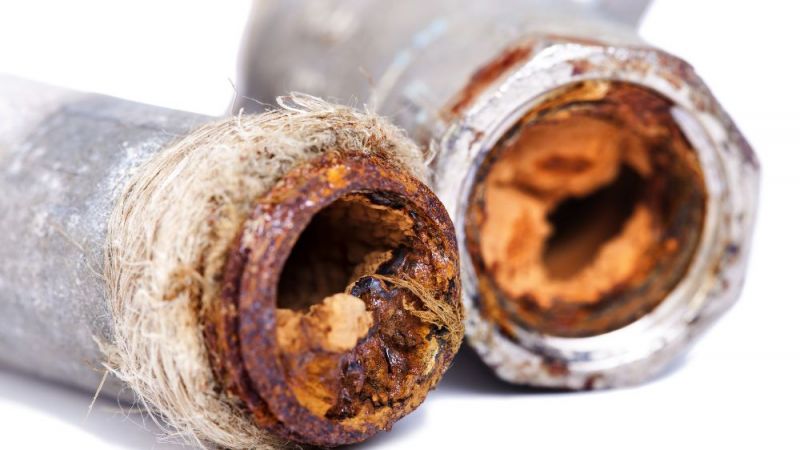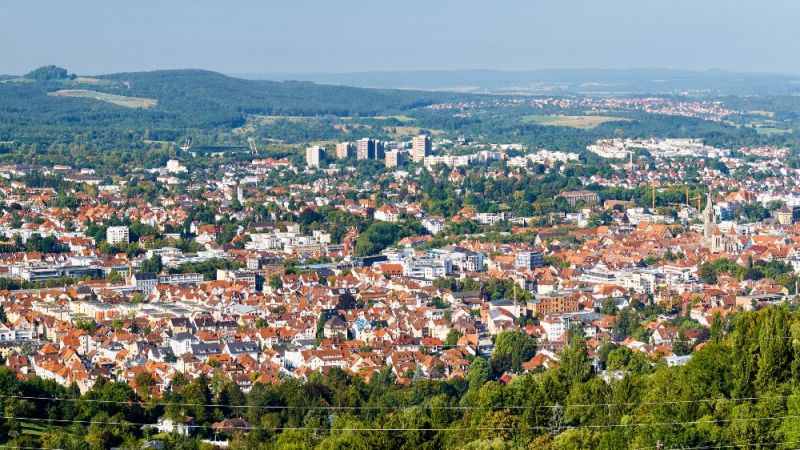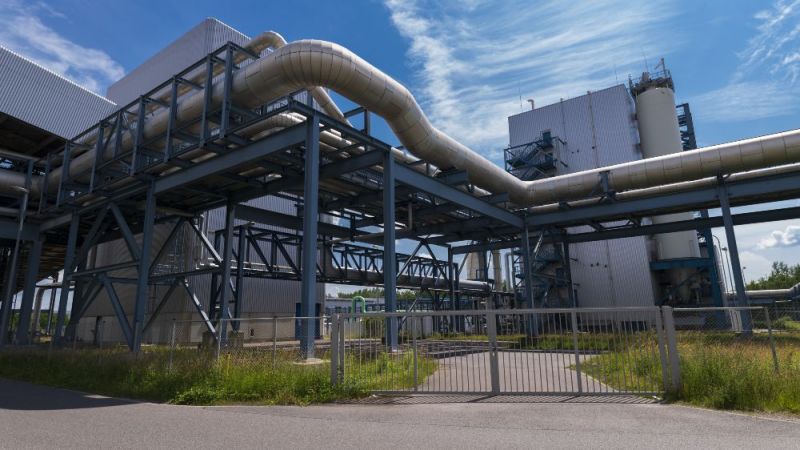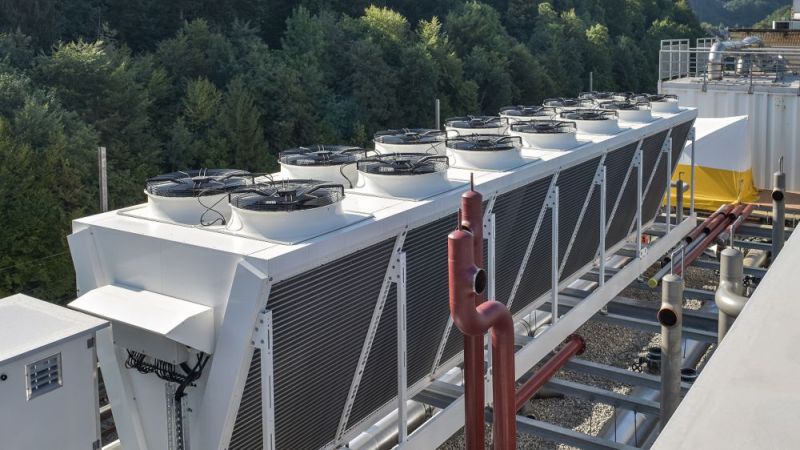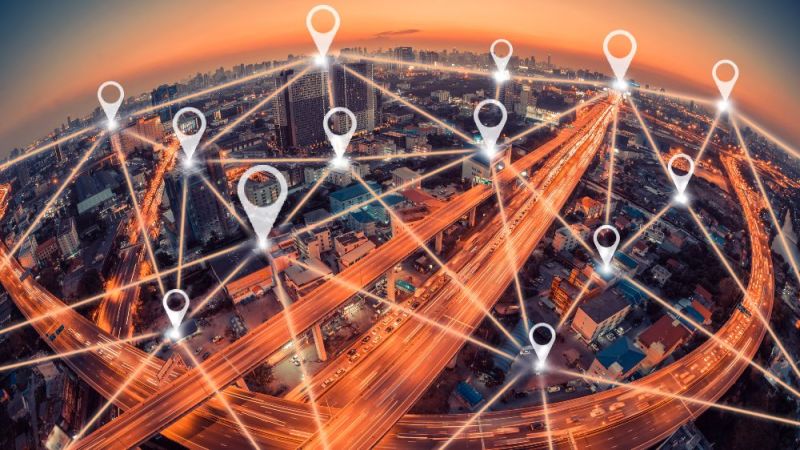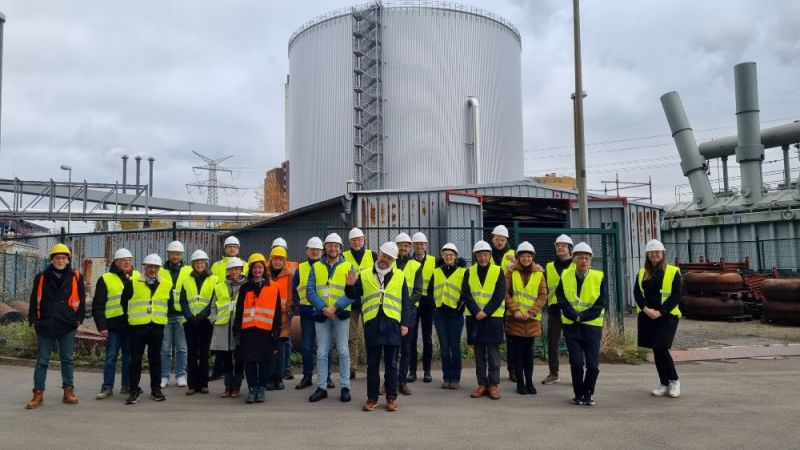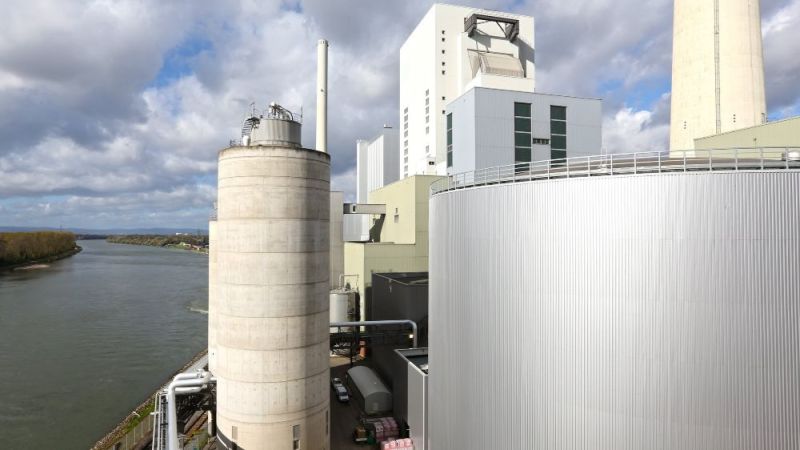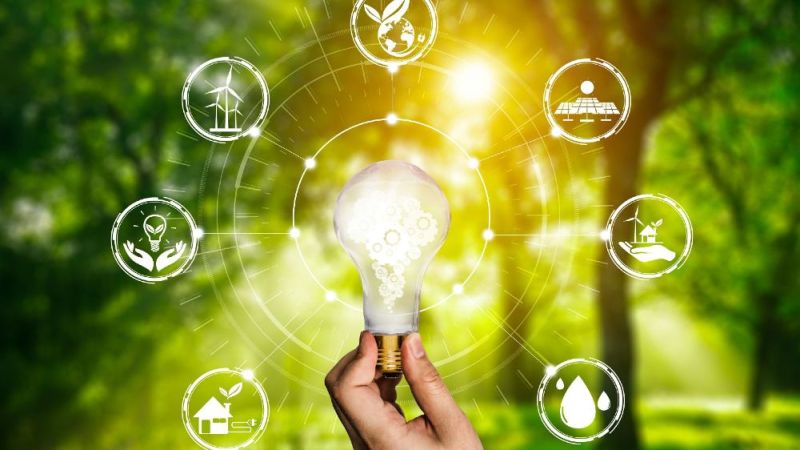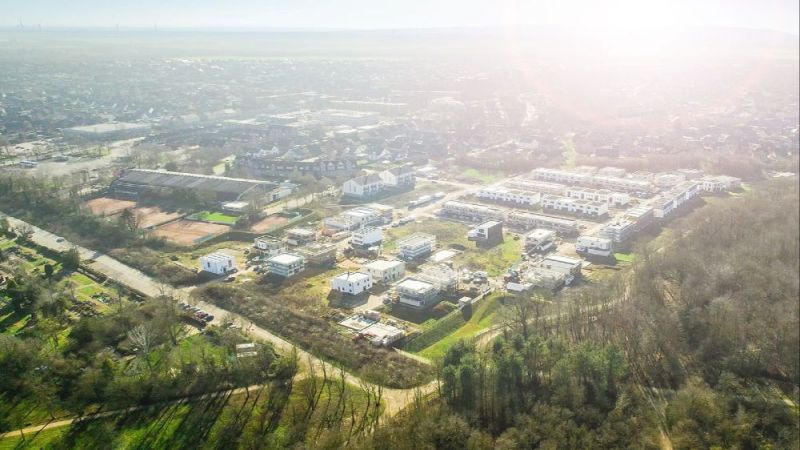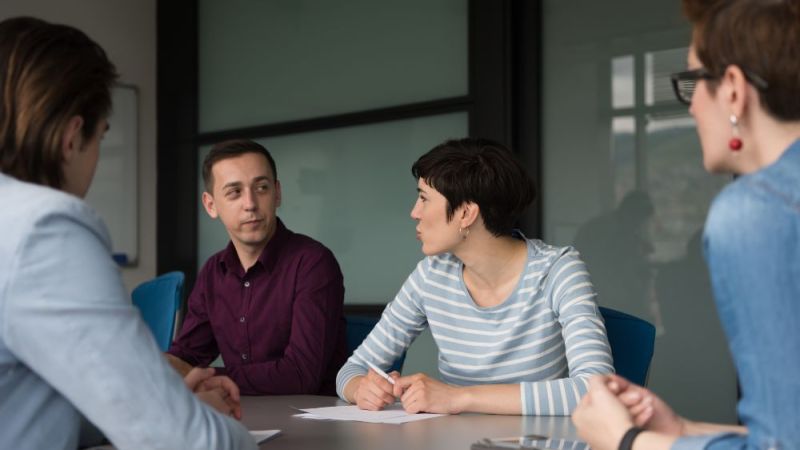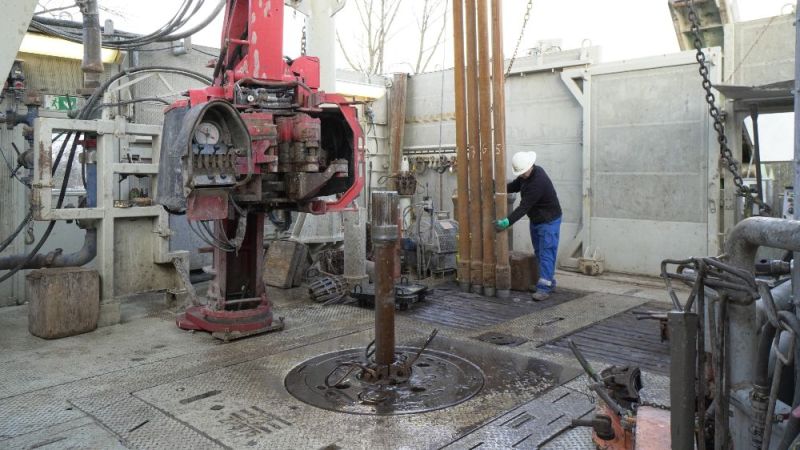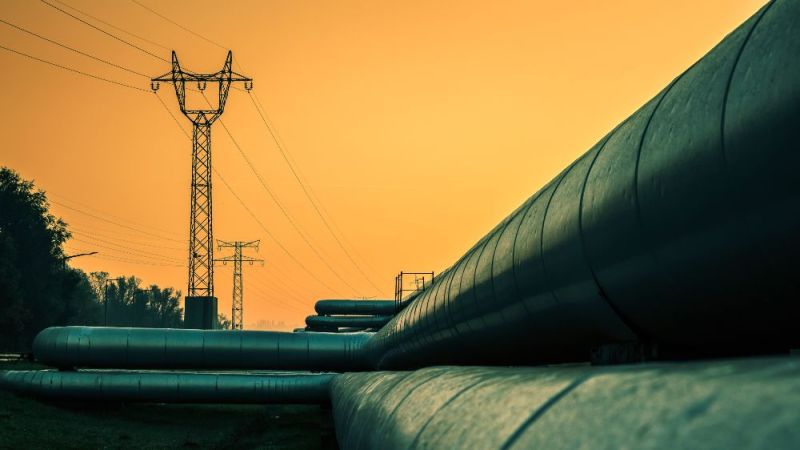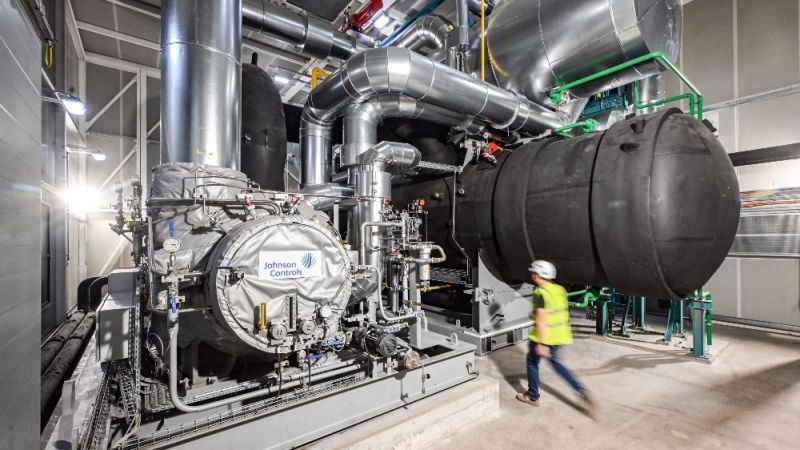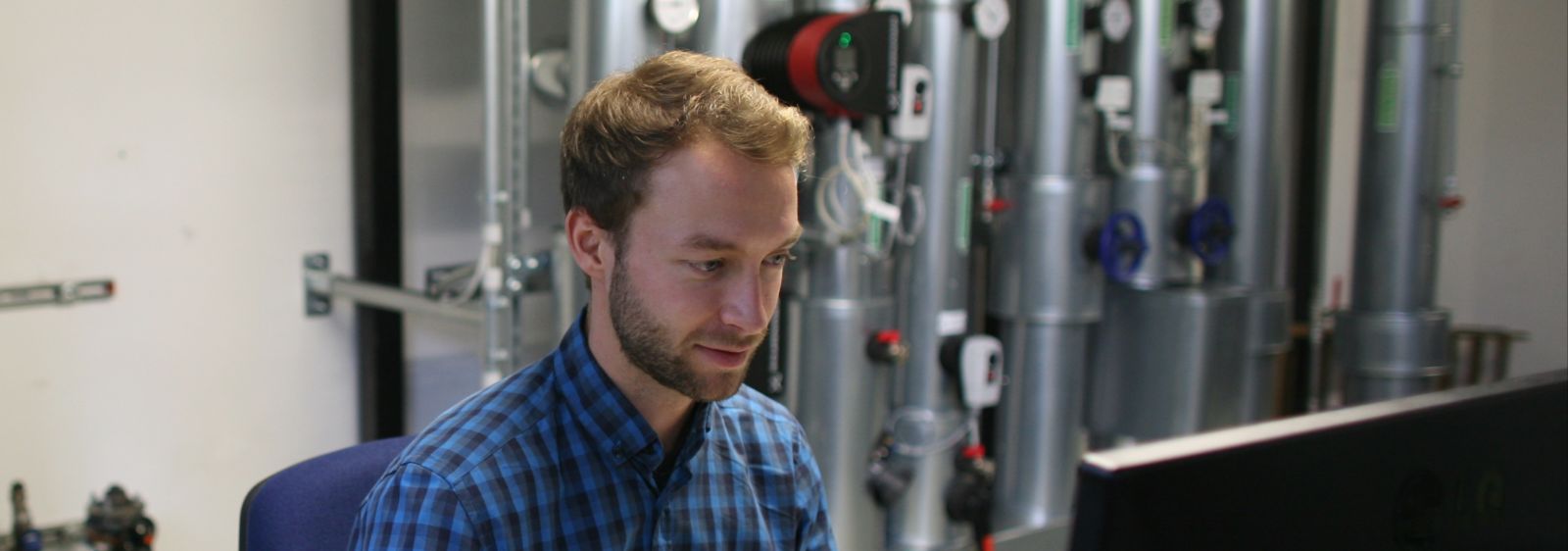
Network integration of local heat sources
Low-exergy transmission pipes for storing and distributing heat
The LowExTra research project is investigating and developing an innovative multi-line network for supplying heat at the district level. In contrast to existing district heating networks, this is capable of not only providing warmth but also absorbing locally produced heat. This means decentralised systems in buildings can also feed heat into the network. The buildings then simultaneously become heat consumers and heat producers – they become prosumers. A low-exergy network with different temperature levels is being investigated to enable heat from renewable energy sources (solar thermal, geothermal energy, etc.) to be absorbed. It is completely flexible with regard to absorbing and providing heat and also serves as a heat storage system. The integration of renewable energy increases the energy efficiency of the heating network.
Until now, Germany’s energy transition has only made slow progress in the heating sector – only eleven per cent of the heating energy is generated from renewable sources. This is also partly due to the fact that, because the temperature is too low, heat from environmental energies such as solar thermal energy, geothermal energy, groundwater, air and waste heat cannot usually be fed into the heating grid, as this is operated at a temperature of at least 80 °C. So-called “LowExTra networks”, i.e. low-exergy transmission pipes with lines operated at differently low temperature levels (e.g. 15 °C, 30 °C, 45 °C and 60 °C), can absorb renewable heat and exist in parallel to the existing district heating network. Here, the LowExTra networks function in a similar manner to stratification cylinders with variable injection and withdrawal. The new networks require a dynamic interplay of technological components and put a new perspective on buildings and districts as energy system components. The injection and withdrawal of heat enables private households to become prosumers that – as is already the case in the electricity sector – also pursue economic interests.
Research focus
The supply network developed in the LowExTra research project is therefore intended to be completely flexible with regard to withdrawal and provision, and also serve as a heat storage system. Not only the directional dependence (supply or return) is resolved in the process, but also, due to the multi-line system, the previously fixed temperature levels in the pipes.
Objectives
The overarching objective of the project is to investigate the general feasibility of multi-line networks. It is concerned with analysing the conditions under which the existing diverse sources of energy for heating and cooling can be made technically available by using multi-line, low-exergy transmission pipes in new-build and existing urban areas. During the project, LowExTra will be tested and investigated in the test facility belonging to the Hermann Rietschel Institute at the TU Berlin. In addition to the technical aspects, the economic, political and participatory aspects are also being analysed, whereby the research project is taking into account the following four aspects:
- The technical feasibility of a democratic, multi-line networks
- The cost-effectiveness of such a network
- Consideration of the necessary political framework for their implementation and
- The acceptance of such an approach by industry and potential users
The interdisciplinary research approach enables conclusions to be drawn about the conditions required for implementing the technical concept being developed and optimised. The four aspects being investigated are closely integrated to enable solutions to be developed as part of an iterative process.
Work programme
Modul 1 – Technlogy
The technical challenge in achieving LowEx multi-line networks is to find an optimal configuration in terms of the number of temperature levels and their control and electrical connections. The networks must be able to integrate different local energy sources. In addition, it is intended to show which technical possibilities arise for new-build and existing urban areas and how the transformation of the heat supply can be achieved in technical terms.
Modul 2 – Economic feasibility
In addition to the technical analysis and testing, the economic evaluation of the concept is a key prerequisite for the feasibility. The systems must be worthwhile from a business perspective both for the network operators as well as for potential heat storage systems and users. Moreover, economic aspects such as value added and employment effects are important in order, in addition to the costs incurred, to make the expected benefits also transparent. The Institute for Ecological Economy Research (IÖW) is investigating the economic feasibility of the innovative, smart multi-line network and is comparing it with existing technologies. The scientists are taking into account the different perspectives and needs of the actors involved such as the heat storage systems, heat users and network operators. They are also identifying appropriate financing models and quantifying the regional-economic effects associated with the construction and operation of such networks.
Modul 3 – Political framework
The aim of the environmental and energy policy consideration in Module 3 is to analyse the existing legal and strategic frameworks, and, taking into account the results from the other modules, to outline appropriate tools and approaches to enable or fundamentally advance the development of LowExTra. It is intended that the frameworks should be viewed both on political and strategic as well as practical and administrative levels. Not just important areas of regulation are being taken into account but also the approaches that need to be included in, for example, the funding instruments.
Modul 4 – Participative product development
The participation of future users (consumers and/or producers) and operators of such networks is an important factor in ensuring the success of such large-scale infrastructure projects. For this purpose, various participatory components are being conducted in Module 4 that involve potential users, technical experts, potential operators and other political actors at an early stage in the research and development process. Through dialogue with key stakeholders in the research project, the results of the various modules are being enriched and optimised with external expertise. In addition, an empirical survey is being carried out to determine the level of acceptance for the interactive heating and cooling networks.
18.11.2021
Research
Institut für ökologische Wirtschaftsforschung GmbH
https://www.ioew.de
mailbox@ioew.de
Tel.: +49-(0)30-884-594-0
Research
Nexus - Institut für Kooperationsmanagement und interdisziplinäre Forschung GmbH
http://www.nexusinstitut.de
mail@nexusinstitut


